ECG Blog #381 — Why was the Troponin Normal?
Ken Grauer, MD
MAY 26, 2023
The ECG in Figure-1 was obtained from a 60-ish year old man with a history of coronary disease ( including prior CABG ) — who presented to the ED ( E mergency D epartment ) with new CP ( C hest P ain ) of 3 hours duration , diaphoresis and nausea/vomiting. The patient was hypotensive at the time his initial ECG in Figure-1 was obtained. The decision was made not to immediately perform cardiac cath — because there is no ST elevation in Figure-1 — and because the initial troponin was negative.
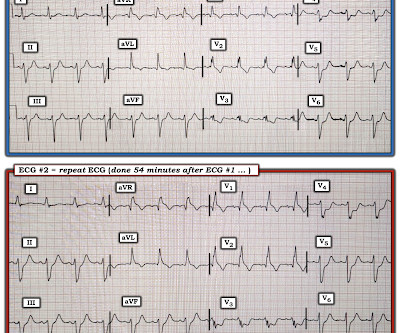

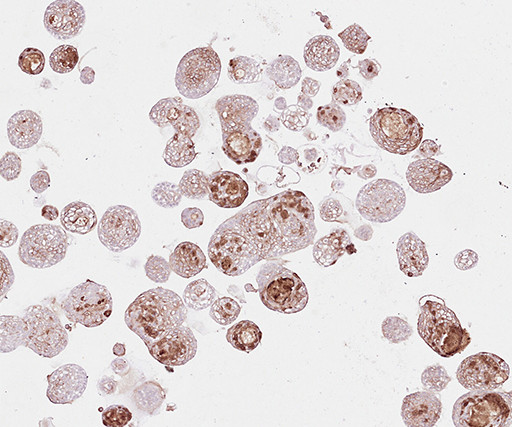
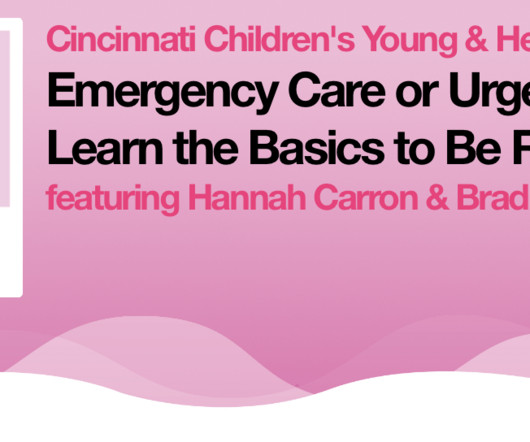




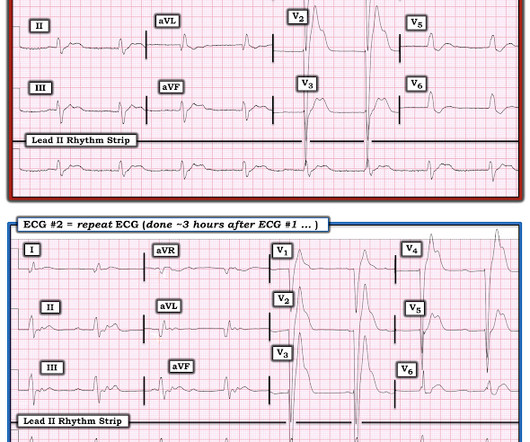

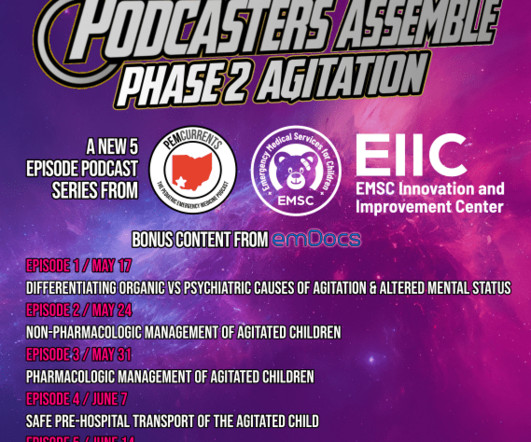







Let's personalize your content